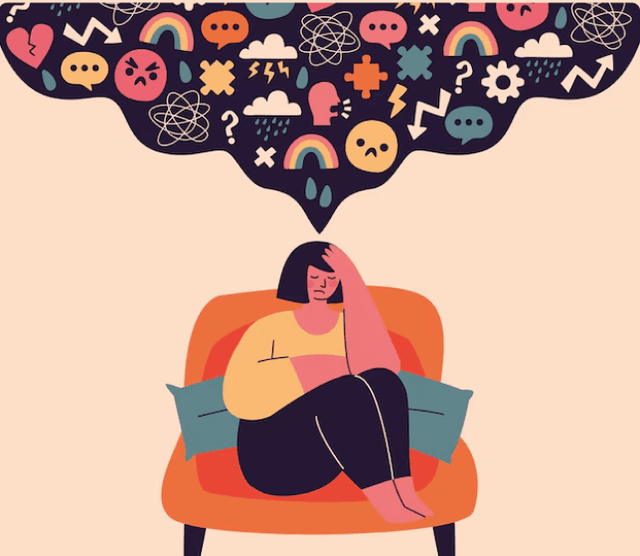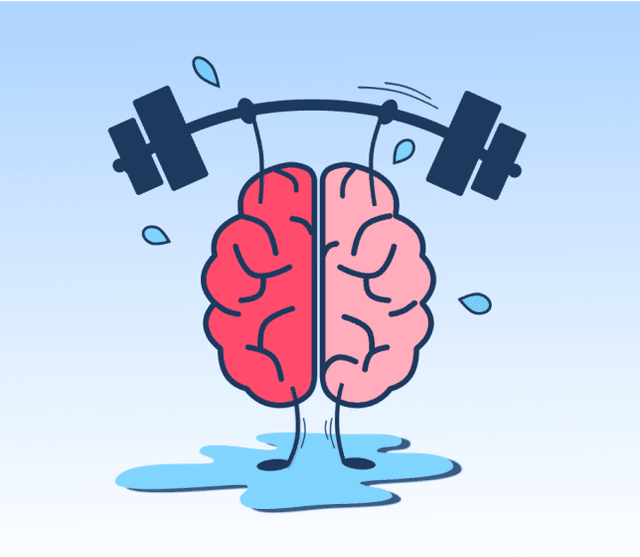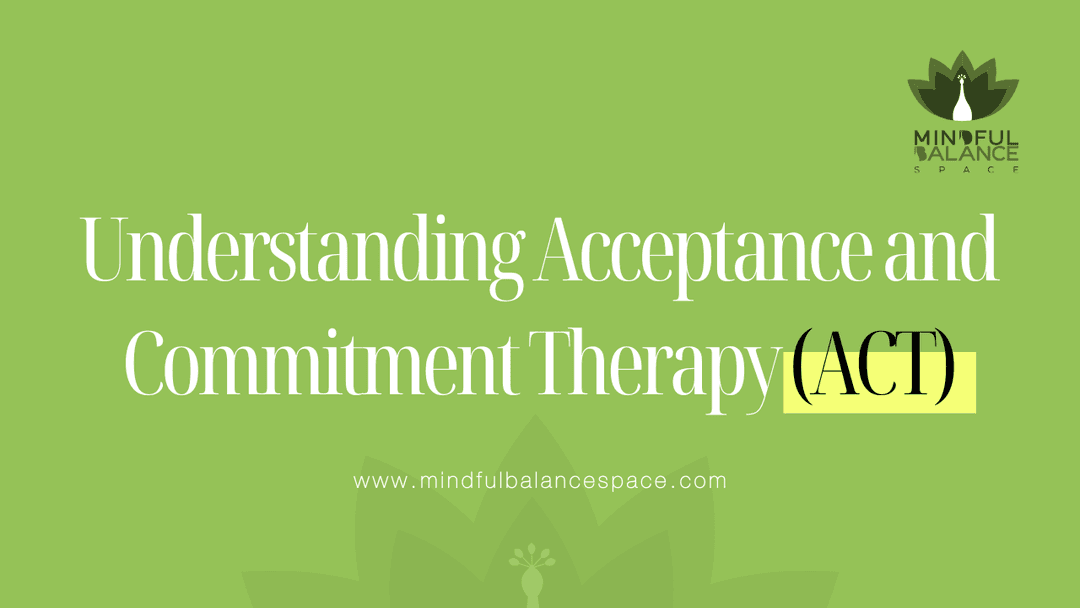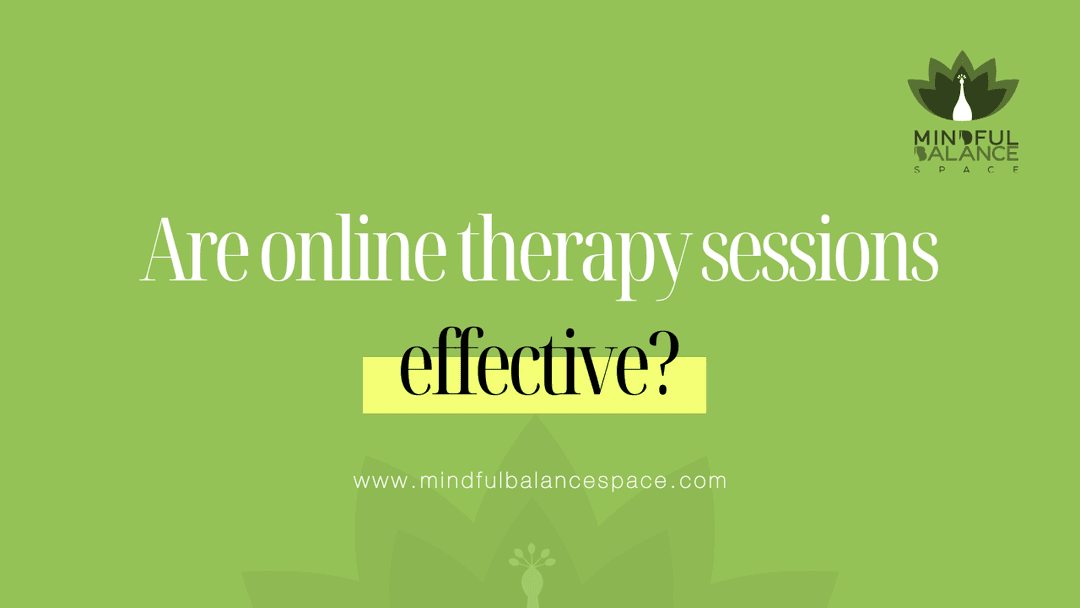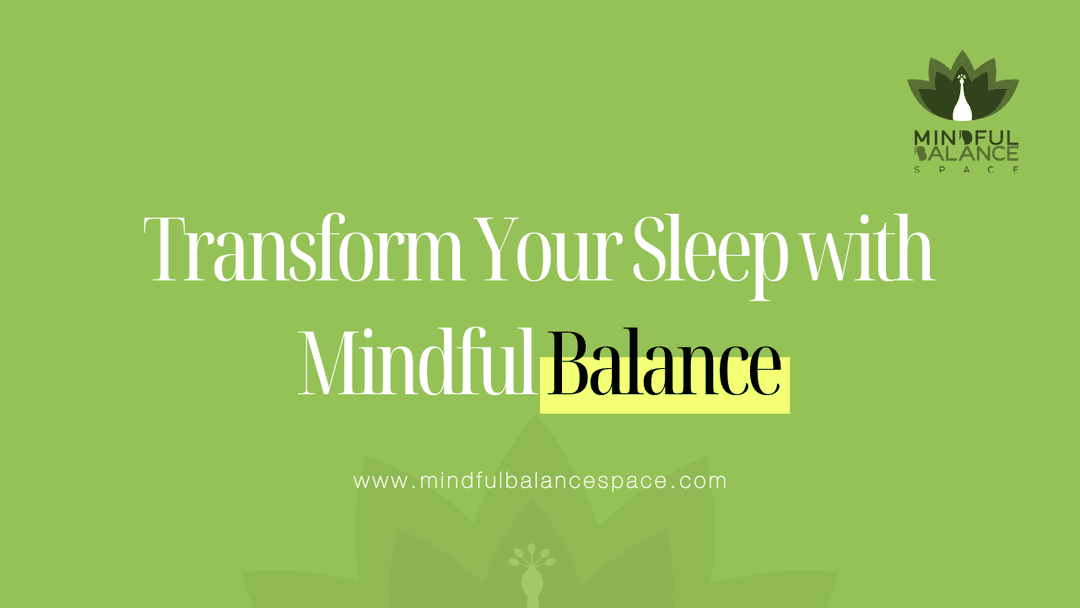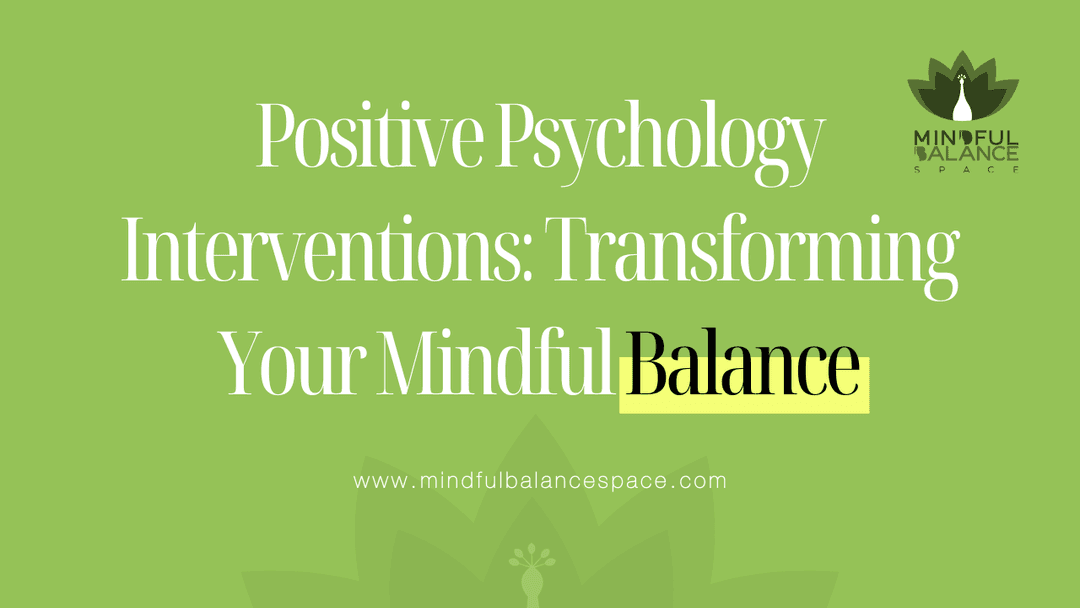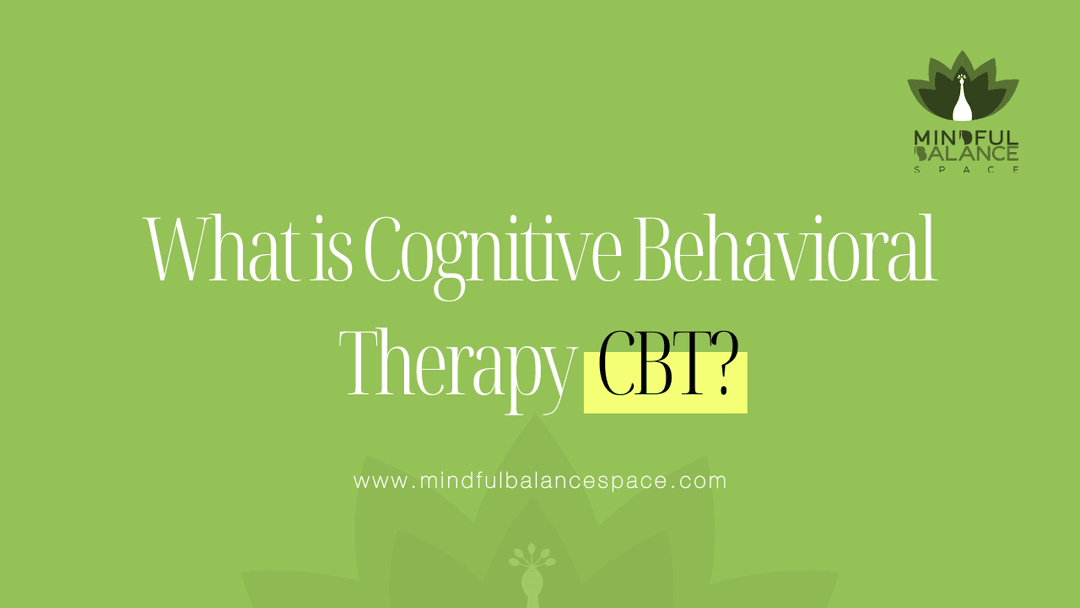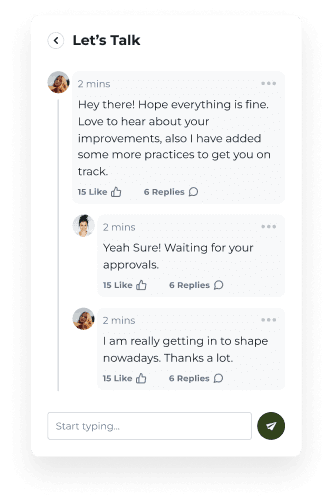Blog
Places We Go When We’re Brave Enough to Feel: Exploring Emotional Intelligence
- By Devanshi
Learn how emotional intelligence can help you build trust, manage hurt, and improve communication in relationships

I was recently reading Atlas of the Heart by Brené Brown, a book that beautifully explores human emotions and the places our minds go when our hearts are open. One chapter that stood out to me focused on hurt, defensiveness, betrayal, and trust. Understanding these emotions is essential for enhancing our emotional intelligence and building deeper relationships.
Understanding Hurt: The Vulnerability of Emotional Pain
Hurt is an unavoidable part of human relationships. Whether caused by words, actions, or misunderstandings, feeling hurt is deeply personal and can leave us feeling rejected or unseen. Expressing hurt requires courage. Saying, "This hurt me," is a brave act that invites connection rather than conflict. However, this openness often triggers an unexpected response: defensiveness.
How to Respond to Hurt:
- Use "I feel" statements to describe your emotions without blame.
- Practice active listening when someone expresses their hurt.
- Acknowledge their feelings rather than minimizing them.
Defensiveness: The Wall That Blocks Connection
A partner might say, "I noticed you've been spending a lot of time at work lately." Responding defensively with, "Are you accusing me of neglecting our relationship?" can escalate tension and hinder constructive dialogue. Overcoming defensiveness in communication requires awareness and mindfulness. When we feel attacked, our body often responds with a racing heart, tense muscles, and clouded thinking—a classic fight-or-flight reaction.
Defensiveness isn't protection; it's a barrier that blocks meaningful conversation. By recognizing this pattern, we can create opportunities for emotional healing.
How to Overcome Defensiveness:
- Recognize your body's defensive signals (e.g., crossed arms, rapid heartbeat).
- Pause the conversation. Taking a brief break isn’t avoiding conflict; it's ensuring you return with a calmer mindset.
- Open your palms or take a sip of water to ground yourself. This simple action signals your brain that you're safe and can focus on listening.
Betrayal: When Trust is Broken
Betrayal isn't limited to infidelity; it can occur when someone disregards our feelings, manipulates us, or repeatedly breaks promises. Even subtle actions like dismissing our emotions can feel like betrayal. For example, discovering that a friend shared your confidential information with others can feel profoundly hurtful, leading to distrust. Betrayal thrives in environments where defensiveness dominates and accountability is missing.
How to Heal from Betrayal:
- Communicate openly about how the betrayal affected you.
- Allow space for apologies and accountability.
- Focus on consistent actions, not just words, to restore trust.
Trust: The Foundation of Strong Relationships
Trust isn't built through grand gestures; it's created in everyday moments—when someone listens without judgment, respects your feelings, or shows up when they promised they would. Building trust in relationships is about demonstrating empathy, honesty, and reliability over time. Trust doesn't require perfection; it requires accountability and consistent effort.
How to Build Trust:
- Prioritize honesty, even in difficult conversations.
- Show empathy when someone shares their feelings.
- Practice consistency in your actions and words.
The Power of Pausing: A Strategy for Difficult Conversations
In heated moments, taking a pause can be transformative. If you feel overwhelmed, try these steps:
- Pause the conversation calmly by saying, "I need a moment to gather my thoughts."
- Ground yourself by drinking water, taking deep breaths, or relaxing your posture.
- Return with intention and a focus on understanding rather than reacting.
Pausing isn't about avoiding conflict; it's about creating space for calm, productive dialogue. By practicing emotional regulation and developing emotional intelligence, we create stronger connections and navigate difficult conversations with greater ease.
Emotional intelligence allows us to explore the places we go when we’re brave enough to feel. By embracing vulnerability, overcoming defensiveness in communication, and fostering trust, we can build deeper relationships and promote emotional healing in ourselves and others.
Sources
Brown, B. (2021). Atlas of the heart: Mapping meaningful connection and the language of human experience. Random House.
OpenAI. (2023). ChatGPT [Large language model]. https://openai.com/chatgpt
Canva. (2023). Design for everyone. Canva. https://www.canva.com
Goleman, D. (1995). Emotional intelligence: Why it can matter more than IQ. Bantam Books.
The Gottman Institute. (2022, March 17). Brené Brown’s Atlas of the Heart: Defensiveness and flooding. The Gottman Institute. https://www.gottman.com/blog/brene-browns-atlas-of-the-heart-defensiveness-and-flooding/
